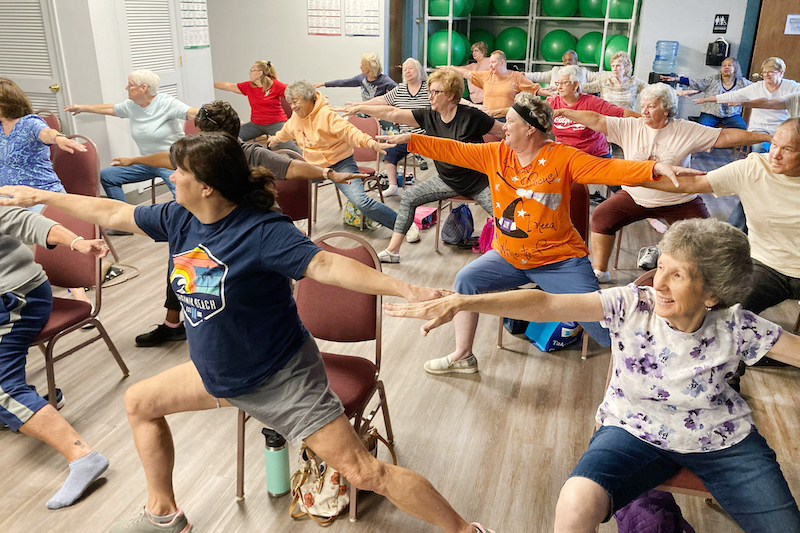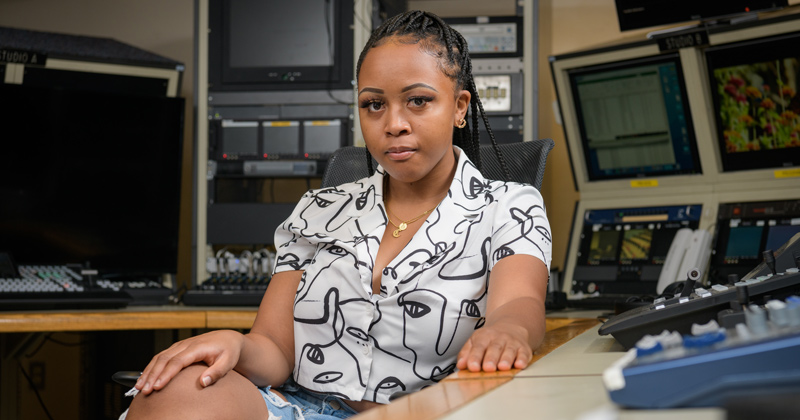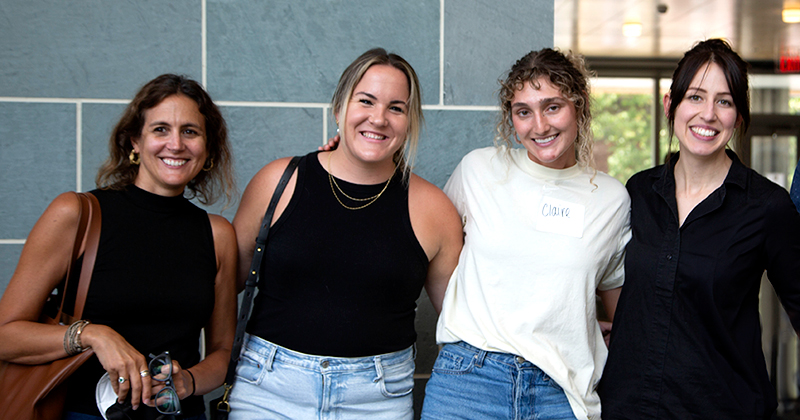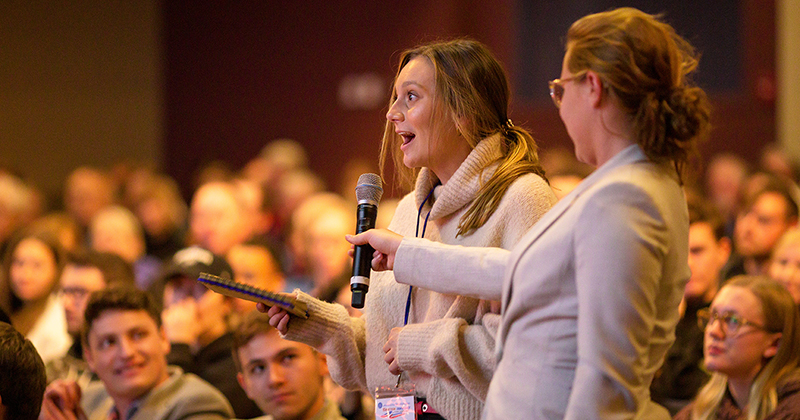
Research Programs
Innovative and collaborative research

The University of Delaware offers exciting opportunities for both graduate and undergraduate communication students to engage in innovative and collaborative research. Students in the program have a strong track record of publishing their work in peer-reviewed journals and earning accolades at professional conferences.
One notable example is the work done under the mentorship of Professor Paul Brewer. Ph.D. students Wyatt Dawson, Ashley Paintsil, and James Bingaman achieved significant recognition by winning the top paper award in media communication at the annual Eastern Communication Association Convention in April 2022. Their award-winning research, which explores media use and public opinion about gene editing, has been published, adding to the academic discourse in this critical field.
Additionally, Ph.D. student Emily Pfender conducted impactful research on video therapy, guided by her faculty mentor, Professor Scot Caplan. Her work was published in Counseling Psychology Quarterly, highlighting the therapeutic benefits and innovative applications of video technology in counseling.
These examples demonstrate the university's commitment to supporting student research that not only advances academic knowledge but also addresses real-world issues. With strong faculty mentorship and a collaborative research environment, communication students at the University of Delaware are well-equipped to make meaningful contributions to their fields.
Academic Credit for Undergraduates
Undergraduate students can earn academic credit for research and independent study while building transferable skills, leadership, and educational competencies in the communication discipline. Students work closely with faculty who are widely recognized not only for their published research but also for their commitment to teaching and advisement. To learn more, email the Department of Communication at comm-staff@udel.edu.
-

Partners in healthy aging
June 27, 2025 | Written by Tabitha GrohCAS students part of UD team studying statewide healthy aging efforts -
UD Day in D.C. celebrates the power of research
June 13, 2025 | Written by Beth MillerCAS faculty, students, alumni explore the value of federally funded research at ‘Innovation for the Nation’ event -
DENIN welcomes new Faculty Fellows
June 04, 2025 | Written by Matthew HendersonCAS faculty among Delaware Environmental Institute 2025-2027 Faculty Fellow cohort
Collaborations
Research opportunities are available for undergraduate and graduate students with the Center for Health Communication and the Center for Political Communication. Recognized for their social science research, both centers offer research training for graduate students, including stipends for research assistants and use of data sources.



